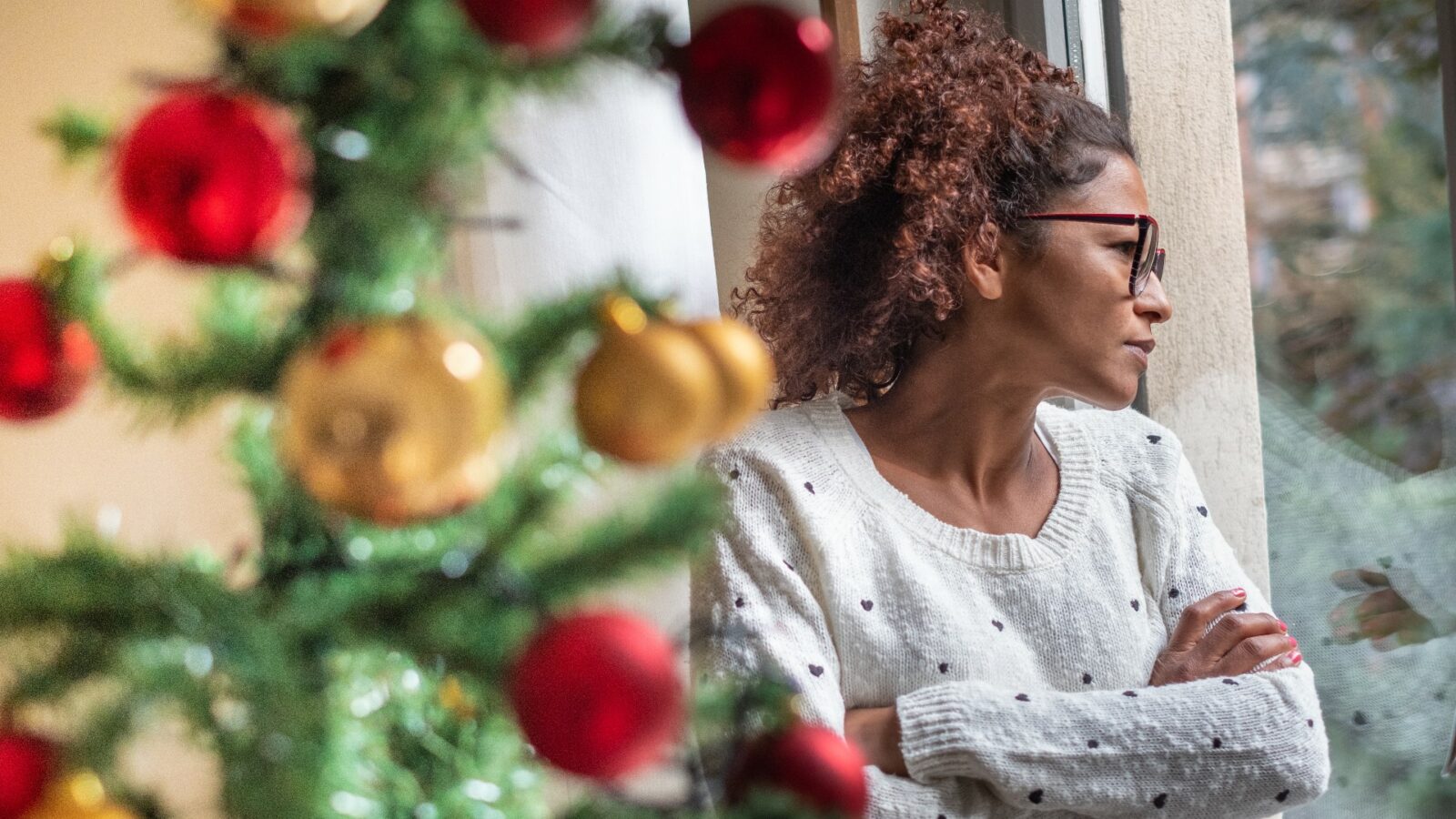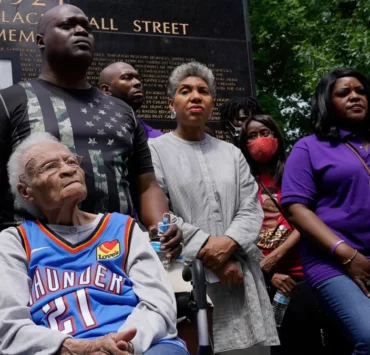
- “Who’s going to carve the turkey this year? Grandpa always did it…”
- “I don’t have the energy or desire to shop, decorate or visit others this Christmas.”
- “I just want to erase Chanukah this year. I’ll just feel too empty without my husband to celebrate.”
Thanksgiving, Christmas, Chanukah, Ramadan, Kwanza and New Year’s Day can be a very difficult holidays for people who have experienced the death of a loved one.
Memories serve as constant reminders of loss. Watching others celebrate can be painful and overwhelming. Particularly in the first year after a death, survivors must learn how to develop new holiday rituals and traditions.
The first step in coping with grief at the holidays is to acknowledge that the first holiday season is difficult. You can prepare for it by making specific plans and obtaining the support you need. Remember too, that sometimes anticipation of a holiday can be more difficult than the day itself.
Some Tips for Coping with Grief at the Holidays
Set realistic expectations for yourself. Remind yourself that this year is different. Decide if you can still handle past responsibilities and expectations. Examine the tasks and events of celebrating and ask yourself if you want to continue them. Accept others’ offers to cook, shop, decorate, etc. Consider shopping by phone, Internet or catalog this year if you feel a need to avoid crowds or memories.
Surround yourself with people who love and support you. Share your plans with family and friends and let them know of changes in holiday routines. Memories can sometimes be a source of comfort to the bereaved, so share them by telling stories and looking at photo albums.
Despite the temptation, try to avoid “canceling” the holiday. It is OK to avoid some circumstances that you don’t feel ready to handle, but don’t isolate yourself. Make some time for solitude, remembering and grieving, but balance it with planned social activities.
Allow yourself to feel joy, sadness, anger – allow yourself to grieve. It is important to recognize that every family member has his/her own unique grief experience. No one way is right or wrong. Experiencing joy and laughter during a time of grief does not mean you have forgotten your loved one.
Draw comfort from doing for others. Consider giving a donation or gift in memory of you loved one. Invite a guest who might otherwise be alone for the holidays. Adopt a needy family during the holiday season.
Take care of yourself. Avoid using alcohol to self-medicate your mood. Try to avoid the hustle and bustle of the holiday season. Physical exercise is often an antidote for depression. Writing in a journal can be a good outlet for your grief. Give yourself permission to buy something frivolous and indulgent, just because.
Create a new tradition or ritual that accommodates your current situation. Some people find comfort by honoring traditions, while others find them unbearably painful. Discuss with your family the activities you want to include or exclude this year. Some examples of new rituals and traditions include:
- Announce beforehand that someone different will carve the turkey.
- Create a memory box. Fill it with photos of your loved one or memory notes from family members and friends. Ask young children to contribute drawings in the memory box.
- Make a decorative quilt using favorite colors, symbols, images or pieces of clothing/fabric that remind you of the person who died.
- Light a candle in honor of your loved one.
- Put a bouquet of flowers on your holiday table in memory of your loved one.
- Visit the cemetery and decorate the memorial site.
- Have a moment of silence during a holiday toast to honor your loved one.
- Place a commemorative ornament on the Christmas tree.
- Dedicate one of the Chanukah candles in memory of your loved one.
- Write a poem about your loved one and read it during a holiday ritual.
- Play your loved one’s favorite music or favorite game.
- Plan a meal with your loved ones’ favorite foods.
The most important thing to remember is there is no right or wrong way to celebrate the holiday season after the death of a loved one. The best coping mechanism for the first holiday season is to plan ahead, get support from others and take it easy.
Books on Grief and the Holidays
James Miller, How Will I Get Through the Holidays? Twelve Ideas for Those Whose Loved One Has Died
Drs. Clarence Tucker and Cliff Davis, Holiday Blues—A Self-Help Manual on Grief Through the Holidays










